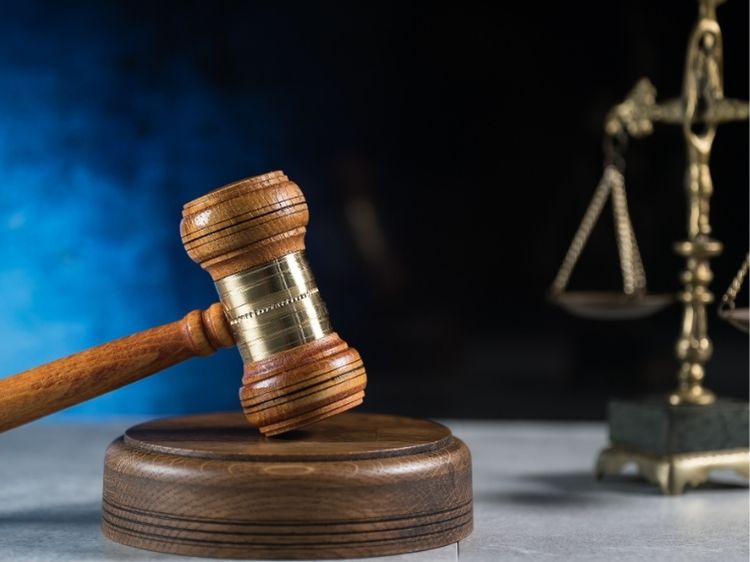What Is a Non Compliance Recall?
A non compliance recall occurs when a product or service fails to meet regulatory standards, prompting its removal or correction. Unlike voluntary recalls, non compliance recalls are usually mandated by a governing body, like the FDA, NHTSA, or other regulatory agencies. These recalls often stem from safety, quality, or environmental concerns.
Why Do Non Compliance Recalls Happen?
Non compliance recalls happen when products fall short of legal or safety requirements. Here are some common causes:
- Design Defects: A product’s design poses risks to consumers.
- Manufacturing Errors: Mistakes during production lead to flaws.
- Labeling Issues: Incorrect or incomplete labeling that violates regulations.
- Environmental Standards: Failure to meet eco-friendly guidelines.
For instance, if a car manufacturer produces a vehicle with faulty brakes, the company may face a non compliance recall to fix the issue and ensure driver safety.
Who Oversees Non Compliance Recalls?
Various regulatory agencies oversee recalls depending on the product type. Here are a few key players:
- Food and Drug Administration (FDA): Ensures food, drugs, and cosmetics meet safety standards.
- National Highway Traffic Safety Administration (NHTSA): Handles recalls related to vehicles and road safety.
- Consumer Product Safety Commission (CPSC): Regulates consumer goods like toys, electronics, and furniture.
- Environmental Protection Agency (EPA): Oversees recalls linked to environmental hazards.
The Process of a Non Compliance Recall
Wondering how a recall works? Here’s a step-by-step breakdown:
- Identification of the Issue: A defect is detected through testing, complaints, or inspections.
- Investigation: The regulatory agency investigates the severity and scope of the issue.
- Mandate for Recall: If the product violates compliance standards, the agency issues a recall notice.
- Public Notification: The company informs consumers via press releases, advertisements, or direct contact.
- Remedy: The company fixes the issue, either by repair, replacement, or refund.
Real-Life Examples of Non Compliance Recalls
Here are some notable cases to give you a clearer picture:
1. Automotive Industry
In 2023, a leading car manufacturer issued a recall for over 100,000 vehicles due to faulty airbags. The defect violated NHTSA safety standards, leading to potential injury risks.
2. Food Industry
A popular snack brand faced an FDA recall after failing to disclose allergens like peanuts on its packaging. This oversight posed life-threatening risks for consumers with allergies.
3. Electronics
A smartphone company issued a recall when its batteries started overheating and catching fire. The recall not only affected consumer safety but also dented the brand’s reputation.
Impacts of Non Compliance Recalls
Recalls can have far-reaching consequences, affecting everyone from consumers to businesses.
For Consumers
- Safety Risks: Defective products can cause injury or harm.
- Inconvenience: Returning or repairing products can be a hassle.
For Businesses
- Financial Losses: Recalls are expensive, often costing millions in repairs and legal fees.
- Reputational Damage: Negative press can erode consumer trust.
- Regulatory Penalties: Companies may face fines or legal action.
Preventing Non Compliance Recalls
Prevention is always better than cure, especially in the business world. Here’s how companies can avoid non compliance recalls:
- Rigorous Testing: Conduct thorough quality and safety tests.
- Compliance Audits: Regularly review operations to meet regulatory standards.
- Transparent Labeling: Ensure product labels are accurate and comprehensive.
- Training Programs: Educate employees about compliance and quality assurance.
FAQs About Non Compliance Recalls
- How do I know if a product I own is under recall?
Check the manufacturer’s website or the relevant regulatory agency’s database for recall notices. - What should I do if my product is recalled?
Follow the company’s instructions, which may include returning the product, getting it repaired, or receiving a refund. - Are recalls always mandatory?
No, some recalls are voluntary, initiated by the company itself. Non compliance recalls, however, are usually mandatory. - Can companies be penalized for non compliance recalls?
Yes, businesses can face hefty fines, lawsuits, and even criminal charges in severe cases. - Do recalls affect a company’s reputation?
Absolutely! A poorly handled recall can lead to loss of consumer trust and brand loyalty.
The Bottom Line
Non compliance recalls are critical for protecting consumers and ensuring that products meet legal and safety standards. While they can be a headache for businesses and consumers alike, they serve as a vital check in our regulatory system.
By understanding how recalls work, their causes, and their impacts, you can navigate the process with confidence and make informed decisions.
Authoritative Links
- FDA Recalls: www.fda.gov/safety/recalls
- NHTSA Recall Database: www.nhtsa.gov/recalls
- CPSC Recalls: www.cpsc.gov/Recalls
- EPA Regulations: www.epa.gov






